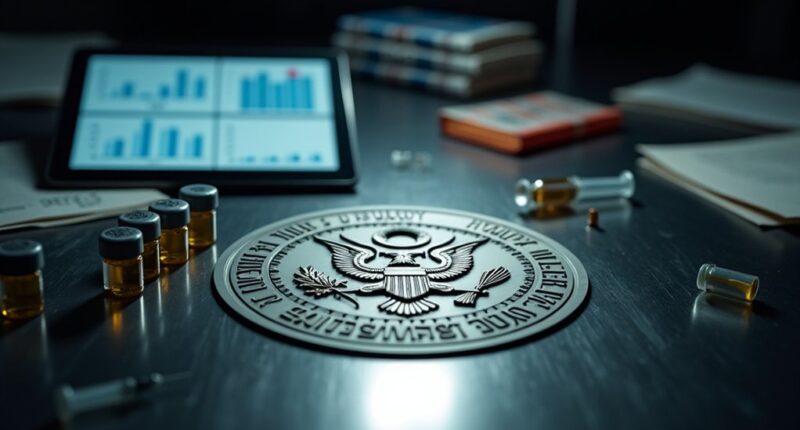How and to what extent has scientific integrity intersected with vaccine policy in the United States during the COVID-19 era? Observers note that allegations of corruption and political interference have intersected with vaccine policy in ways that affected public trust and implementation, as leadership turmoil and contested decision-making at agencies like the CDC and FDA prompted concerns about scientific oversight. These episodes, including accusations of collusion between researchers and industry and disputed advisory processes, contributed to a climate in which policy decisions were often viewed through a partisan lens, reducing confidence in the neutrality of recommendations and complicating consistent public messaging. Evidence from cross-national studies reinforces how governance quality influences vaccine uptake, showing that higher levels of public corruption correlate with markedly lower vaccination rates, and that administrative vulnerabilities can slow distribution programs; an interquartile increase in corruption has been associated with about a 15 percentage point reduction in vaccinated population share, indicating that institutional integrity is a material factor in pandemic response effectiveness. Monitoring engagement levels on scientific and policy forums can provide insight into how active and transparent the discourse around vaccine policy truly is. Domestic reports citing data transparency issues further exacerbated skepticism, as restricted access to clinical trial data and delayed disclosures of regulatory communications with manufacturers limited independent scientific review, undermining perceptions of regulatory rigor and fairness. Political pressures also shaped the reception and support for mRNA vaccine technology, as funding shifts and public statements by officials influenced research trajectories and public confidence, with some experts warning that politicization threatens long-term innovation in vaccine science and potential future applications. The removal or suppression of public testimonies and contested processes around vaccine injury compensation amplified concerns about due process and open discourse, which in turn fed into polarized public attitudes and hesitancy, particularly when advisory panels were described as lacking broad scientific consensus. Taken together, these factors illustrate a complex interplay between perceived scientific corruption, regulatory transparency, and policy outcomes, with practical consequences for public health operations and vaccine coverage. Caution is warranted, as restoring institutional credibility and improving data openness are likely prerequisites for rebuilding trust and ensuring that future vaccine policies are both scientifically grounded and effectively implemented. Additionally, cross-national evidence shows that countries with stronger governance and health system capacity generally achieved faster and more equitable vaccine rollouts, highlighting the broader importance of health system quality. Recent high-profile events, including CDC leadership turmoil, have further intensified public scrutiny and debate over vaccination policy decisions.
Author
Tags
Share article
The post has been shared by 0
people.









